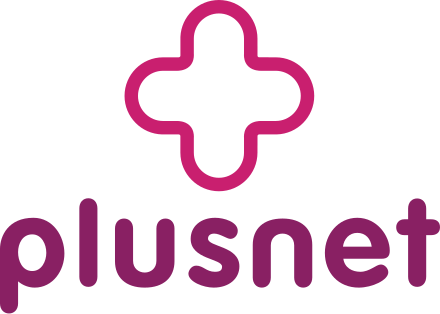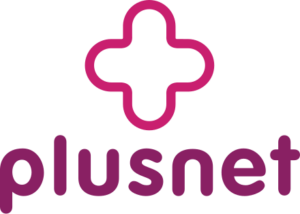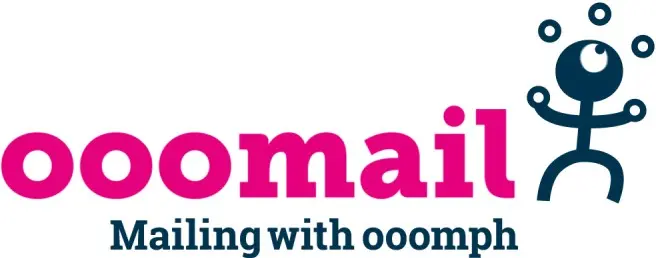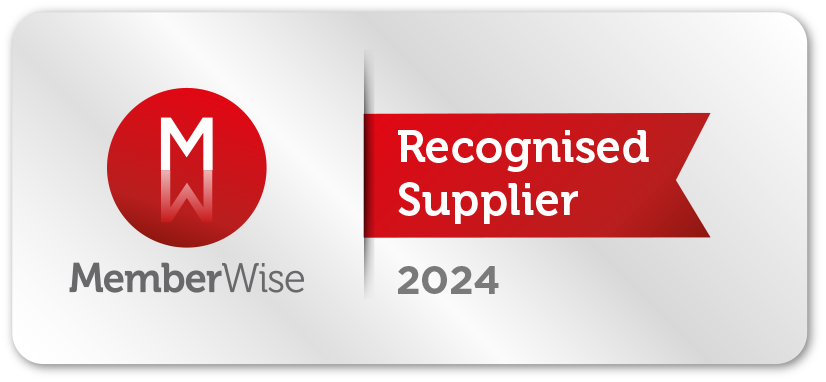Software as a Service (SaaS) is everywhere. It is convenient, accessible, and often affordable. But is it always the right choice? Sometimes bespoke software delivers better value. Bespoke Software Development Custom Software Development
The choice between SaaS and bespoke depends on your specific needs. Both have advantages. Both have limitations. Understanding these helps you make the right decision.
When SaaS Works Well
SaaS excels for common business functions:
Discover how bespoke software transformed a client’s workflow in our printer client case study.
We use TMS XData for REST API development and RemObjects for cross-platform services.
- Email marketing and newsletters
- Basic accounting and invoicing
- Simple project management
- Customer support ticketing
- File storage and sharing
These functions are similar across businesses. SaaS providers can build once and serve many. This keeps costs low and features rich.
SaaS also offers:
- Quick setup and deployment
- Automatic updates and maintenance
- Mobile access from anywhere
- Integration with other SaaS tools
When SaaS Falls Short
SaaS struggles with unique business processes:
- Industry-specific workflows
- Complex approval processes
- Integration with legacy systems
- Custom reporting requirements
- Data ownership and control needs
When your process is unique, SaaS becomes expensive. You pay for features you do not need. You work around limitations that slow you down.
The Hidden Costs of SaaS
SaaS seems cheap upfront, but costs add up:
- Monthly fees that never stop
- Per-user pricing that scales with growth
- Premium features that cost extra
- Data export fees when you want to leave
- Integration costs with other tools
Over five years, SaaS often costs more than bespoke development. You also lose control of your data and process.
When Bespoke Makes Sense
Bespoke software excels when:
- Your process is unique to your industry
- You need deep integration with existing systems
- You want complete control over your data
- You plan to grow and need flexibility
- Off-the-shelf tools require too many workarounds
Bespoke gives you exactly what you need. Nothing more, nothing less. You own the system and can modify it as needed.
Real Example: Hybrid Approach
One client used a hybrid approach:
- SaaS for email marketing and basic accounting
- Bespoke CRM for their unique membership process
- Bespoke integration layer connecting everything
This gave them the best of both worlds. Common functions used proven SaaS tools. Unique processes used bespoke software. Everything worked together seamlessly.
Making the Decision
Ask yourself these questions:
- Is our process common or unique?
- Do we need deep integration with existing systems?
- How important is data ownership and control?
- What are the total costs over five years?
- How much flexibility do we need?
The answers will guide your decision. Often the best approach combines both SaaS and bespoke solutions.
Frequently Asked Questions
- Can we start with SaaS and move to bespoke later? – Yes, but data migration can be complex. Plan your approach carefully.
- What about security and compliance? – Both approaches can be secure. The key is choosing the right provider or developer.
- How do we handle updates and maintenance? – SaaS handles this automatically. Bespoke requires ongoing support, which we provide.
Talk to SMXi
Unsure whether SaaS or bespoke is right for your business? Get in touch and let us help you understand your options.
























 © 1990-2026 Systematic Marketing Ltd
© 1990-2026 Systematic Marketing Ltd